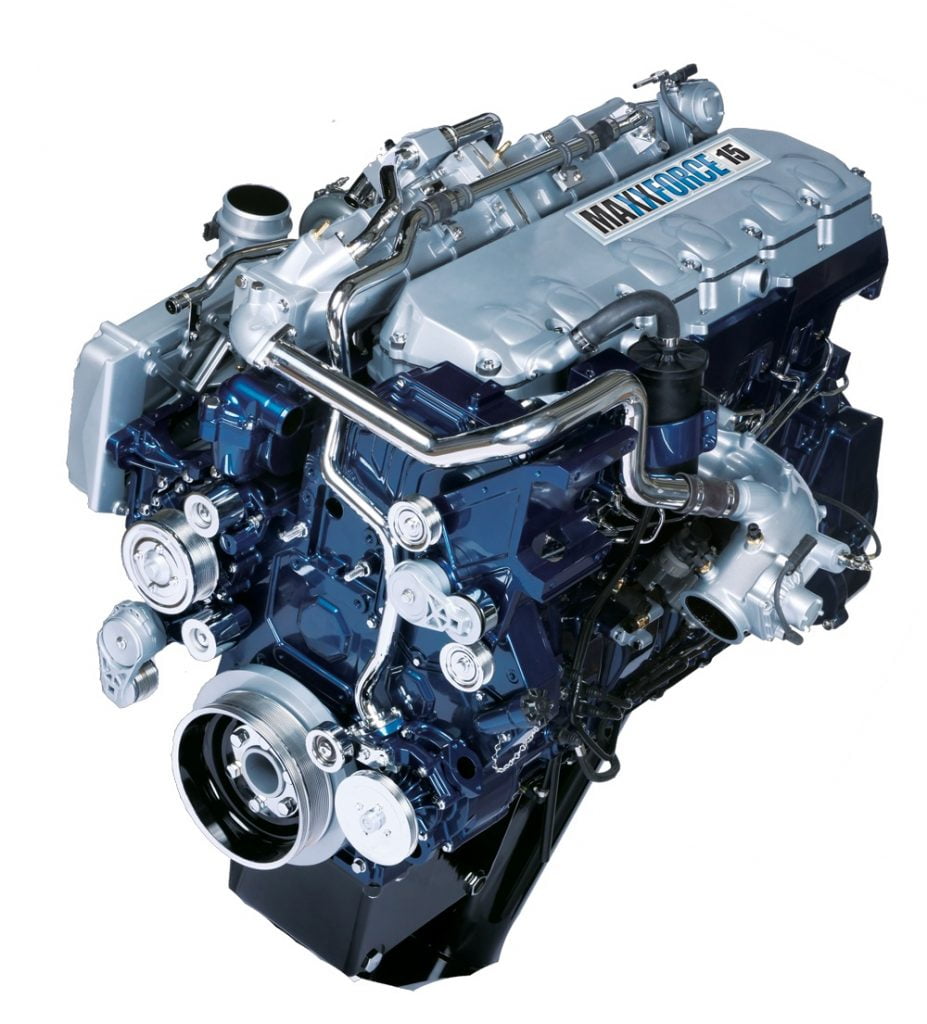Navistar International Corp. is close to completing a settlement with shareholders over allegations that it made false and misleading statements about the benefits of a diesel engine technology (EGR) that turned out to be a disaster for the company.
Shareholders on Wednesday asked Illinois U.S. District Judge Manish S. Shah to give final approval to the lawsuit settlement over Navistar’s so-called reduced-emissions Advanced EGR engine for the heavy-duty truck market.
As Navistar worked to develop an Environmental Protection Agency-compliant engine by 2010, the company invested in technology called exhaust gas recirculation, or EGR, which was supposed to reduce nitrogen oxide, or NOx, emissions by burning off exhaust pollutants within the engine.
Despite a $700 million investment, the faulty technology proved costly – Navistar failed to get the EGR engine ready to meet EPA standards by 2010. The truck maker eventually adopted a different technology, used by most of its competitors, known as selective catalytic reduction in 2012.
Shareholders alleged the company “issued materially false and misleading statements concerning the company’s financial condition and future business prospects,” according to court documents.
A preliminary settlement was reached last year, and a final settlement hearing is set for Feb. 15.
The settlement would include a payment of $9.1 million to the shareholder class with approximately $2.15 million allocated for attorneys’ fees and expenses, according to court documents. Shareholders that purchased Navistar common stock from March 10, 2010 to August 1, 2012 make up the class that will participate in the settlement.
As part of the deal, Navistar must implement corporate governance reforms designed to boost its internal controls related to company disclosures.
Also this week, an Illinois federal judge ruled that a Securities and Exchange Commission lawsuit could move forward against Dan Ustian, the former president and chief executive of Navistar.
U.S. District Court Judge Sara L. Ellis ruled that the government had a reasonable case against Ustian, alleging he misled investors into believing that the company’s EGR engines would reduce NOx emissions enough that would meet environmental regulations.
After announcing that Navistar was abandoning its EGR-only technology, the company’s stock price plummeted, the lawsuit said.
The SEC alleged in the lawsuit that Ustian and Navistar “concealed Navistar’s struggle to develop a market competitive engine with statements and omissions that misled the public, violating a plethora of securities laws.”
The SEC also alleged that Ustian signed and certified Navistar’s SEC filings that “contained materially false information.” Ustian denied the charge. However, Ellis rejected Ustian’s motion to dismiss the SEC’s claim.
The SEC claimed in the suit that Ustian sold some of his Navistar stock prior to the company’s announcement that it was abandoning its EGR-only technology.
In an interview in September 2016, Troy Clarke, new chief executive at Navistar, acknowledged the truck manufacturer’s troubled past.
“The elephant in the room for us is we disappointed a lot of customers between 2010 and 2014,” Clarke said.
“This industry isn’t that large – there are 300 customers that buy 80 percent of the trucks in the industry. At some point in the past we violated their trust and we have to re-earn that,” he said.
Last year Navistar introduced the International LT it hopes will re-capture customers lost over the failed diesel technology and subsequent reliability issues.
Navistar has about 11 percent of the market for the heaviest Class 8 trucks, which are used for shipping goods nationwide, according to the American Truck Dealers division of the National Automobile Dealers Association. Daimler, which owns the Freightliner and Western Star brands, is the industry leader at about 43 percent. Paccar’s Peterbilt and Kenworth brands have about 27 percent, and Volvo, which also owns Mack, has about 19 percent.
“Navistar has experienced 10 years’ worth of change in just the last couple of years,” Clarke said. “We stepped back, fixed what needed to be fixed. We are now positioned to take our business to the next level.”



